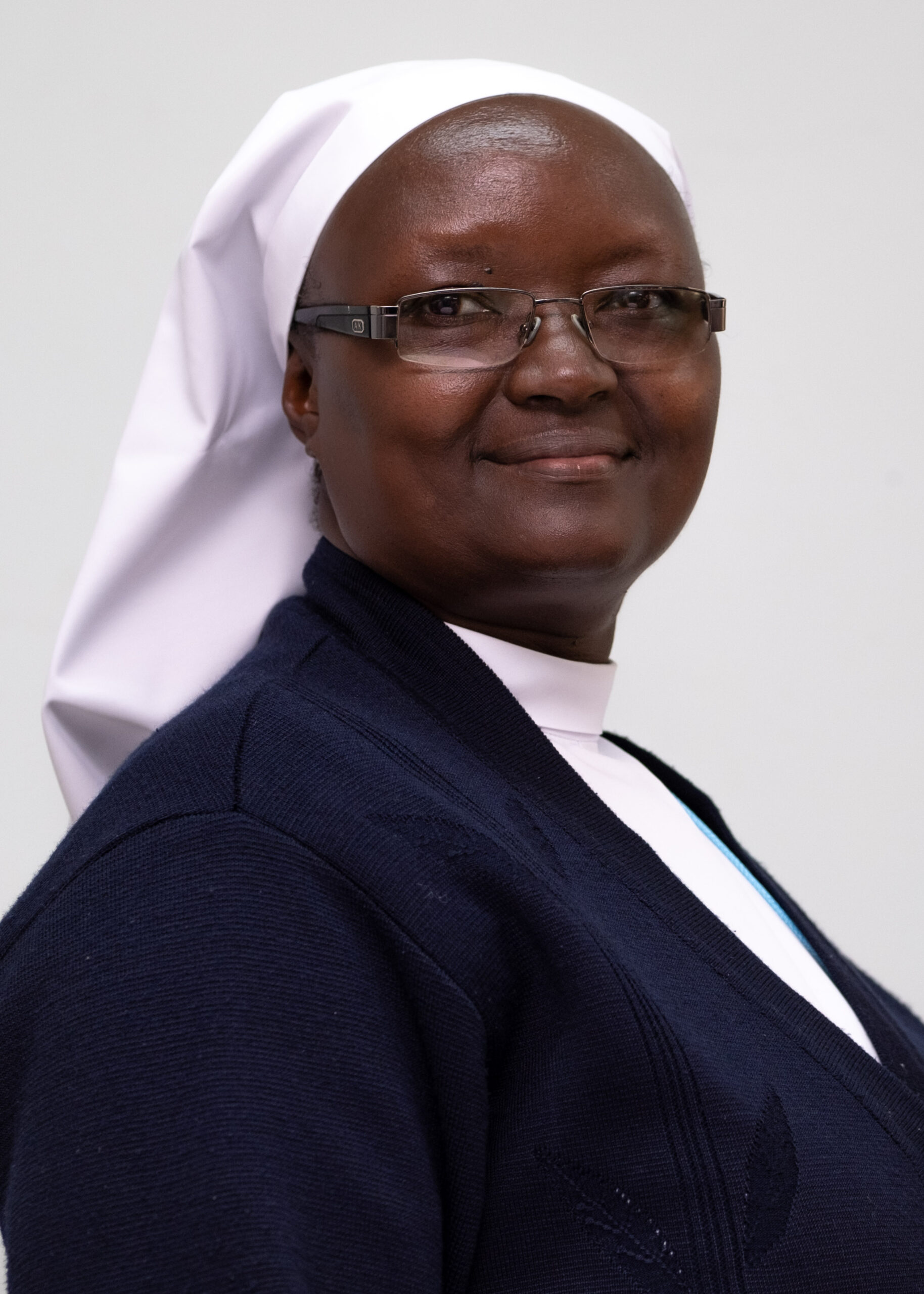
A Word of Gratitude
As the saying goes, gratitude is a child of memory. Most people have an instinctive understanding of what gratitude is, but it can be amazingly difficult to define. Is it an emotion? a behavior? or a virtue? But what exactly is gratitude? Some people look at it as a motive, a coping response, a skill, and an attitude. Gratitude can mean different things to different people in different settings (Summer Allen, The Science of Gratitude, 2018, 2).
Defining gratitude, different religious traditions encourage cultivating gratitude as an important moral virtue. Philosophers like Cicero said that gratitude “is not only the greatest one but also the mother of all the other remaining virtues”. Hume wrote that “Of all crimes that human creatures are capable of committing, the most horrid and unnatural is ingratitude”, and Adam Smith believed that gratitude was vital for maintaining a society based on goodwill (Emmons & Crumpler, 2000, 484; McCullough, Kilpatrick, Emmons, & Larson, 2001, 1134). Gratitude is often thought of as an interpersonal or other-oriented emotion (Summer Allen, The Science of Gratitude, 2018, 10).
Aristotle identified gratitude as a response to a free favour or kindness, one offered without the demand for restitution in any form (Cf. David Carr, ed. Perspectives on Gratitude, 48). Therefore, I, Sr. Mary, in gratitude, give thanks to God for the gift of Hekima University College administration and its Principal, Rev. Dr. Marcel Uwineza, for appointing me as a full-time lecturer. Thank you very much.
I joined Hekima University College in 2017 for Elective and Seminar courses while I was a Student at The Catholic University of Eastern Africa. In 2019, I graduated with a PhD – Doctor of Philosophy in Theology with a specialization in Pastoral Theology. After graduation, I joined Hekima University College Hostel as the Hostel Tutor, as well apart-time Lecturer. In 2020, I was given a chance to teach the core courses in Pastoral Theology as a part-time Lecturer. In January 2024 I was confirmed as a full-time lecturer. What a joy! Having been at Hekima for the last five years, and having seen Hekima grow, especially from last year to this year as the institution celebrates its 40 th anniversary dubbed ‘Hekima @ 40’. The two campuses, namely the undergraduate campus on Joseph Kangethe Road and the Postgraduate Campus on Riara Road, are both looking brilliantly new. Thanks to the renovations, which included paintings and refurnishing the offices, as well as the tree planting activities that have been initiated by the current administration, Hekima is now greener, cleaner, more serene, and more conducive to learning . Indeed the institution’s administration has fully responded to Laudato Si, Pope Francis’ call to care for the environment, our common home, because both the campuses are now running exclusively on solar energy. Better still, today we don’t realize when there is power interruption in the area due to the solar energy.
Another unique thing about Hekima University College is the inclusion of women in theology. We are happy to witness women being empowered through theology and other disciplines worldwide. This is a sign that the evangelizing mission of Christ will be, and is, witnessed in many parts of the world.
In celebrating the 40 th Anniversary, several activities have been or are been done. For example, several academic conferences for both students and lecturers and the forthcoming African Women’s Conference which will be part of Hekima History. We thank all our Hekima benefactors at all levels for helping make it possible. May God continue to bless Rev. Dr. Marcel and the entire administration for their efforts to move Hekima from better to best.
Asanteni Sana
By. Sr. Dr. Mary Nzilani, SMMG.